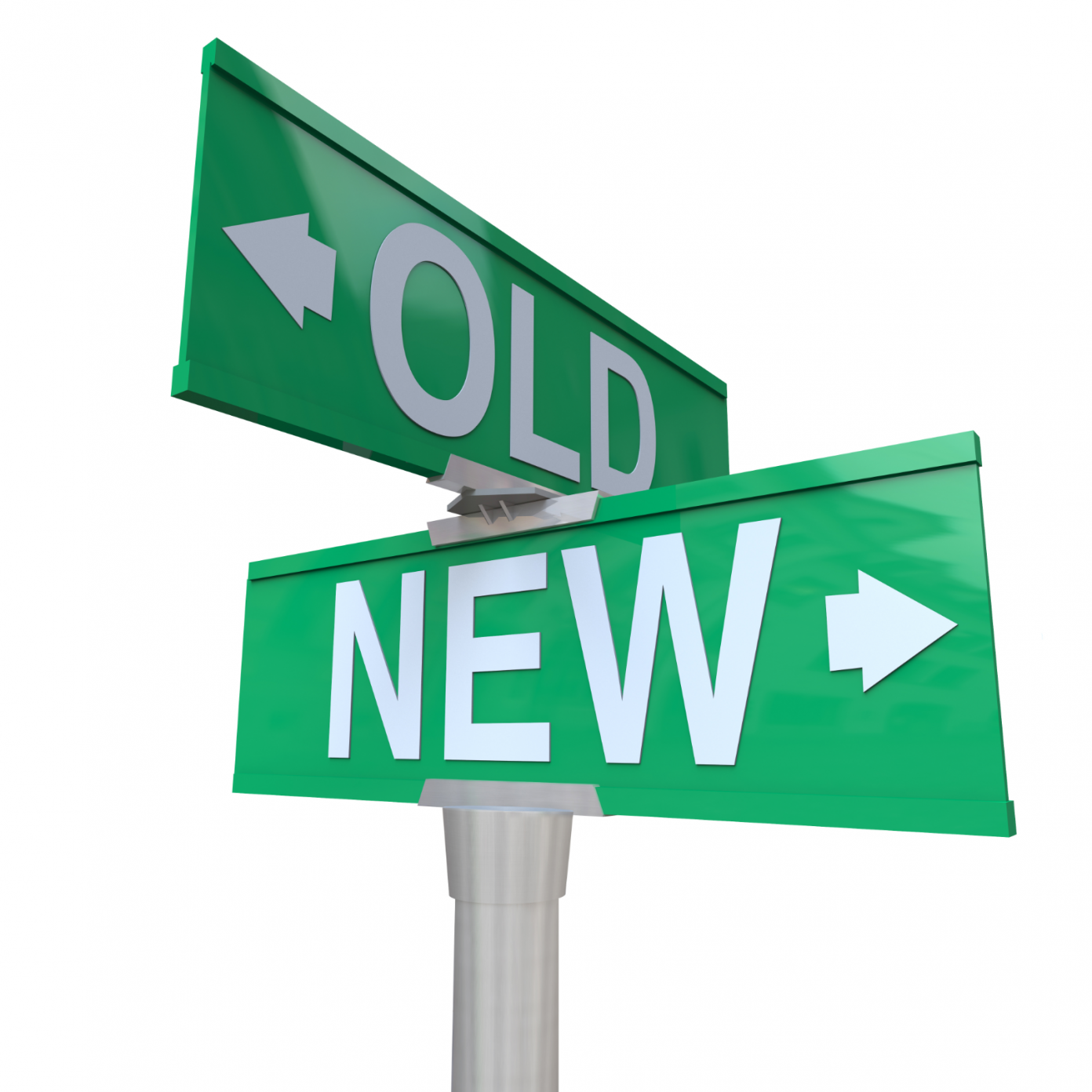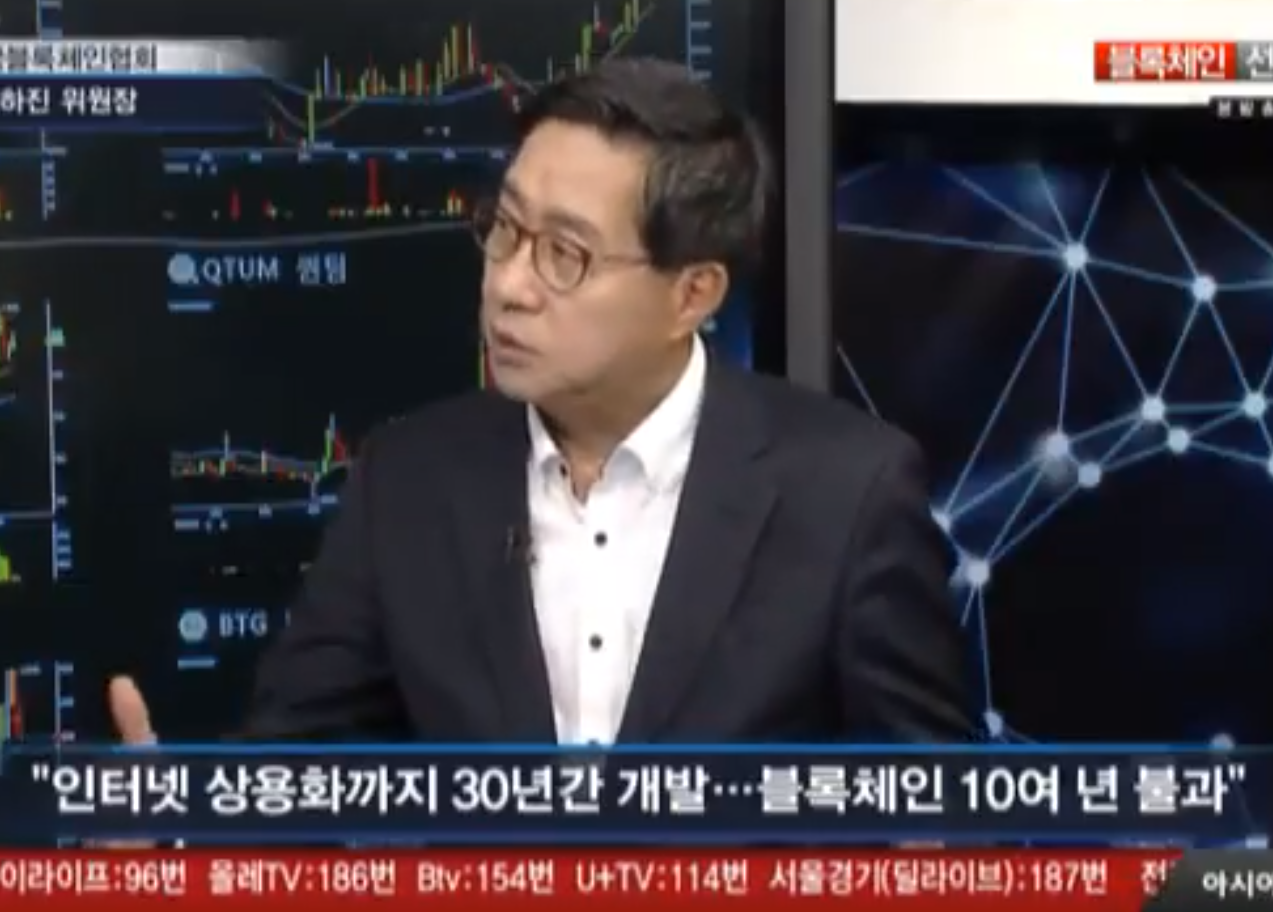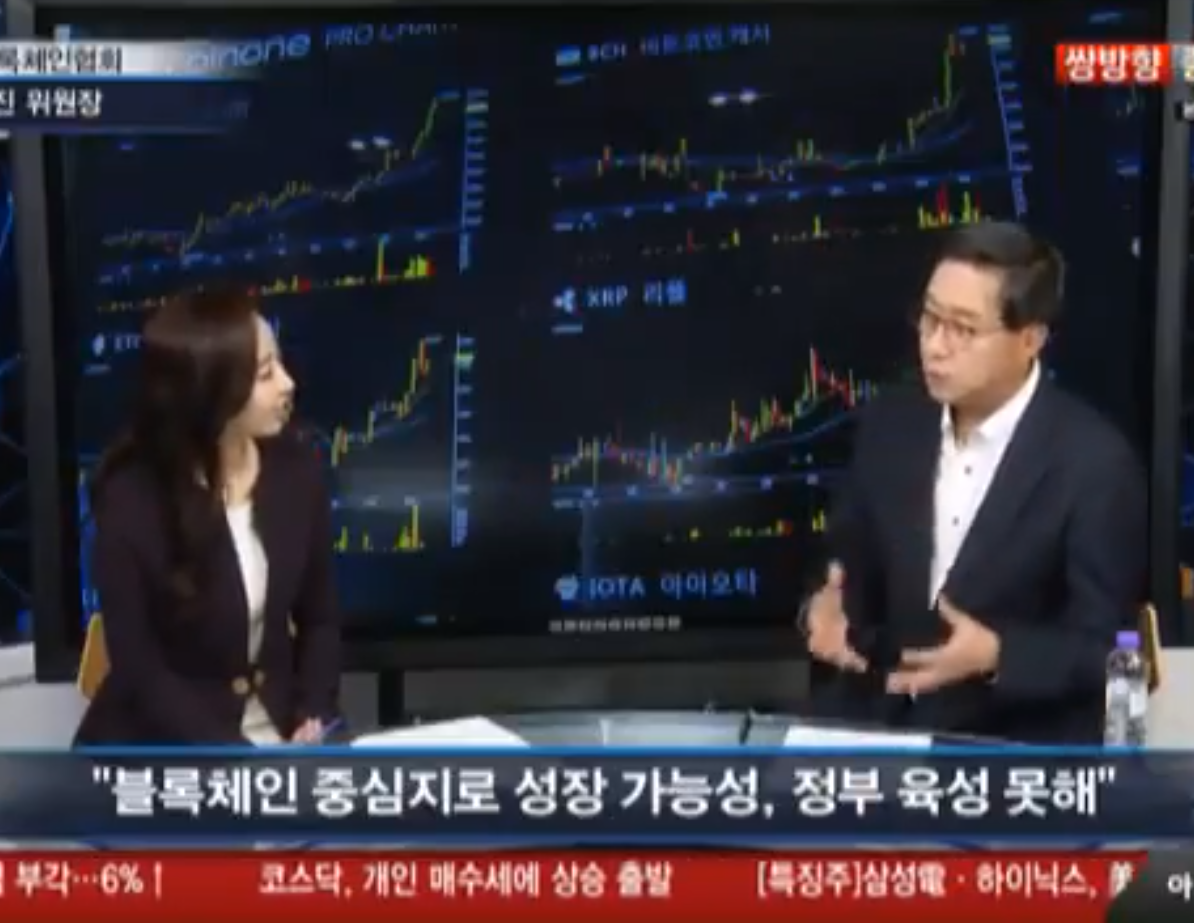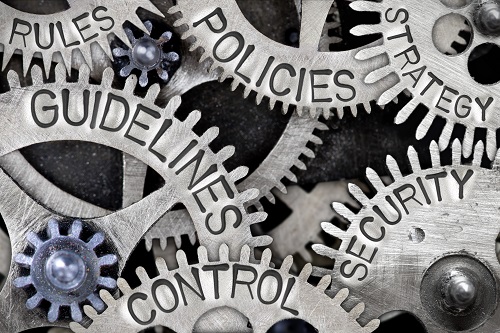
The majority of South Korean cryptocurrency exchanges are implementing new self-regulatory rules and performing self-inspection. The industry group in charge of leading the efforts has clarified the differences between the new and old self-regulatory rules for its 23 exchange members.
Also read: Russian Regulators Draft Law to Restrict Crypto Mining, Payments, and Token Sales
Promoting Safe Crypto Trading

The Korean Blockchain Association, known for its efforts to spearhead self-regulation among the country’s cryptocurrency exchanges, has unveiled and clarified its self-regulatory rules.
In an interview with Asia Economic TV on Tuesday, Jeon Ha-jin, chairman of the association’s self-regulatory committee, explained how the group and its exchange members are in the process of implementing self-regulation, adding that in the future:
The role and responsibility of the blockchain association will be significant until a safe and sound cryptocurrency trading culture is formed.

The rules were unveiled at a press conference last week by the association and 14 of its exchange members in an effort to “boost transparency of deals and head off money laundering, insider trading and other illegal deals,” the Korea Times reported.
Specifically, the rules suggest that crypto exchanges “(1) manage clients’ digital coins and their own separately (2) cope with abnormal transactions quickly (3) list new crypto with enhanced client protection system (4) hold a minimum equity of 2 billion won [~US$1.85 million] and (5) publish regular audit and finance reports,” the news outlet conveyed, adding:
The association will inspect the system of the 14 exchanges and nine newcomers to see if their systems meet the rules. But the inspection could have a limited impact because the rules are not legally binding.
Inspections will start on May 1 and the association will look into the exchanges’ systems “to check if there are loopholes that could be used for insider trading, price rigging and money laundering,” the publication detailed. “Members are supposed to submit self-inspection reports to the association by May 8.”
New vs Old Rules Clarified
Jeon explained on a show hosted by the same TV station the differences between the new and old self-regulatory rules introduced by the association.
 He believes that “the government is now totally neglecting” small and medium-sized exchanges with the enforcement of the real-name system. Since it was implemented, banks have been reluctant to provide virtual account services to small and medium-sized exchanges, opting to only work with the country’s largest such as Upbit, Bithumb, Coinone, and Korbit.
He believes that “the government is now totally neglecting” small and medium-sized exchanges with the enforcement of the real-name system. Since it was implemented, banks have been reluctant to provide virtual account services to small and medium-sized exchanges, opting to only work with the country’s largest such as Upbit, Bithumb, Coinone, and Korbit.
Describing the association’s approach to self-regulation, Jeon said “First, we examined the differences [of the new rules] from the existing self-regulation.” He then clarified:
In the new self-regulation, the content of strengthening the transparency and security of cryptocurrency exchanges has been added. In order to prevent money laundering by the users of the exchanges, we have added a procedure to verify identity.
Furthermore, he emphasized, “From next year, we will be able to trade [with] only one account per person. It [is] also planned to preserve transparency by keeping transaction records for five years.”
Lawyer Jong Jae-jung said on the same TV show:
Considering the size of the cryptocurrency market, it is necessary to impose a null and void liability in the event of damages caused by hacking or the like. It is desirable to impose an insurance policy on capital adequacy through appropriate capital requirements.
What do you think of the new self-regulatory rules for South Korean crypto exchanges? Let us know in the comments section below.
Images courtesy of Shutterstock and Asia Economic TV.
Need to calculate your bitcoin holdings? Check our tools section.
The post New Self-Regulatory Rules for Crypto Exchanges in South Korea Clarified appeared first on Bitcoin News.
Powered by WPeMatico
